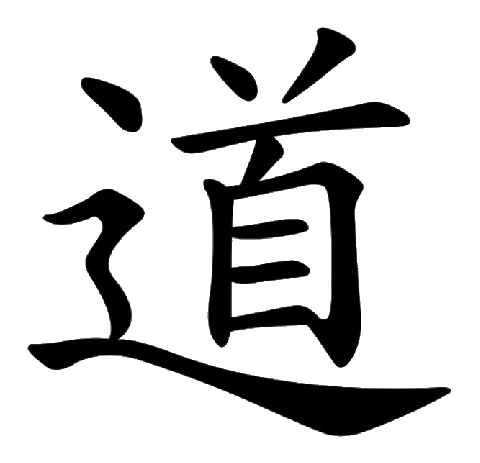Tao
The Tao that can be told of
Is not the Absolute Tao;
The Names that can be given
Are not Absolute Names.
The Nameless is the origin of Heaven and Earth;
The Named is the Mother of All Things.
– Lao Tzu
We cannot speak concretely about Absolute Tao because Tao is the Cosmic Mystery of the Great Ultimate. It is the mysterious source that gives birth to all creations including the Earth, the Heavens, as well as human beings.
The word that we choose to represent the concept of the Great Ultimate is Tao, which, in English, means simply the Path or Way to enlightenment. Implicit in the definition of Tao is the understanding that it is just a word—that it is itself a creation of the non-divine and therefore, by its nature, incapable of truly encapsulating the vastness of Tao.
In order to talk about Tao, we must give it some designation, a tag, so we name it Tao. However, “The Names that can be given are not Absolute Names” because the semantics of words are finite; Tao is infinite. While a finite word cannot adequately describe Tao, we need a set of terminology to simplify the process of communication with each other.
Tao is an absolute abstraction. Due to our limitations, we can operate with the concepts that we are able to imagine or explain. Tao is beyond the capabilities of our mind. Tao is the basis/source of everything. The closest to it would be the philosophical concept of the Absolute. In other religions, the equivalent of the concept of Tao is God the Creator.
For example, we all have heard that our Universe came into existence as a result of the Big Bang. But what was before the Big Bang or what/who caused it? Is there a fourth or fifth dimension and other dimensions? Why do we exist? We would hardly be able to understand the answers to these and other questions, even if someone tried to give them to us.
Therefore, we cannot imagine and realize Tao. We, mortals, are limited by the limits of our body, consciousness and psyche. And Tao is an abstraction that, in its very definition, denies the possibility of being conscious. It is what lies beyond the capabilities of our imagination and understanding. An attempt to imagine Tao will be by definition unsuccessful and even harmful – we may consider it possible to go beyond our mental and psychological limits, which can lead to tragic consequences.
From invisible forces of Tao originate the visible tangible forces of Te (Teh – another version of transcription). While Tao is infinite and indefinable, its visible manifestations (Te) are finite and observable. To begin to understand the workings of the invisible forces of Tao, one must study its visible manifestations, which is Te. Nature is the ultimate model of the way that Tao works, and it is what the Taoist uses as an example by which to model his or her behavior. In striving to understand that which is comprehensible (Te), we move closer to experiencing the greatness of what is incomprehensible (Tao). While different words are used to identify Tao and Te, they are actually of the same origins and are therefore inseparable—in understanding one, we come to experience the other.

